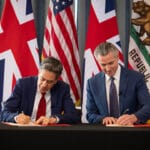COP30 sets $1.3 Trillion Climate Finance Goal but Delays Fossil Fuel Decision

• Countries agreed to mobilise at least $1.3 trillion annually by 2035 for global climate action, with adaptation finance set to triple.
• The loss and damage fund moves into a regular replenishment cycle, backed by new implementation tools and monitoring frameworks.
• Brazil’s presidency committed to develop two new roadmaps on deforestation and fossil fuel transition after negotiators failed to secure explicit phase-out language in the final text.
High expectations, difficult compromises
COP30 closed at sunrise on Saturday after a marathon final night of negotiations, delivering a substantial climate-finance package and new implementation mechanisms, but stopping short of a formal commitment to phase out fossil fuels.
UN climate chief Simon Stiell described the outcome as evidence that “194 nations stood together, keeping humanity in the fight for a livable planet, determined to hold the line at 1.5°C.” Even so, tensions ran high over what many delegations viewed as an incomplete energy outcome, with explicit phase-out language removed in the final hours.
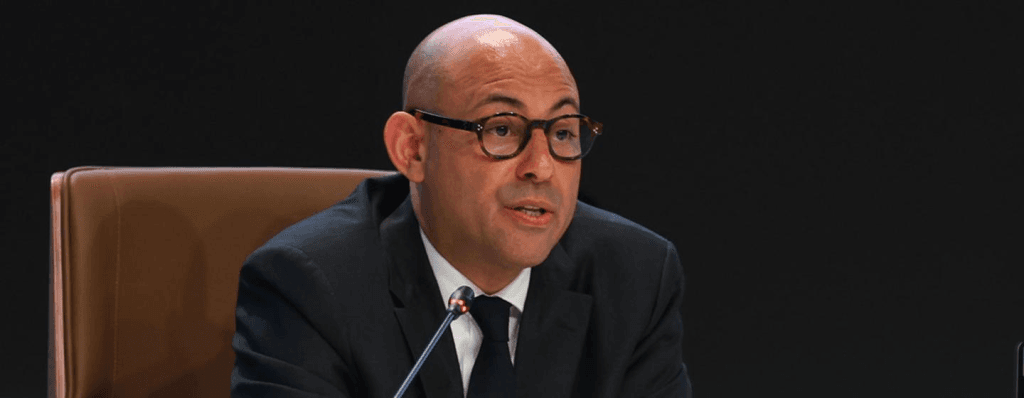
The adopted decision reaffirms the UAE Consensus from COP28, calling for “transitioning away from fossil fuels,” but negotiators from South America, the EU and civil society groups said the omission of a roadmap remained a point of concern.
The finance package: scale and structure
The final outcome commits Parties to mobilising at least $1.3 trillion annually by 2035 for mitigation, adaptation and resilience. Adaptation finance is set to double by 2025 and triple by 2035, a long-standing demand of climate-vulnerable countries. The loss and damage fund, launched at COP28, now enters an operational and replenishment cycle.
The summit also launched the Global Implementation Accelerator and the Belém Mission to 1.5°C. Both aim to support national climate action plans and improve follow-through on the Paris Agreement’s core obligations.
For the first time at a COP, countries formally acknowledged the threat of climate disinformation. The text includes commitments to promote “information integrity” and counter narratives that erode trust in science or climate policy. Brazil’s President Luiz Inácio Lula da Silva had opened the summit calling it “the COP of truth,” and the decision reflects that political framing.
What negotiators could not agree on
A draft text circulating 24 hours before the close contained explicit fossil-fuel phase-out language, reflecting Brazil’s proposal for a global roadmap backed by more than 80 countries. It was removed after protracted discussions.
Before the final plenary, Brazilian scientist Carlos Nobre warned that fossil fuel use must fall to zero by 2040–2045 to avoid temperature rises of up to 2.5°C. Without deep reductions, he said, the world faces “the near-total loss of coral reefs, the collapse of the Amazon rainforest and an accelerated melt of the Greenland ice sheet.”
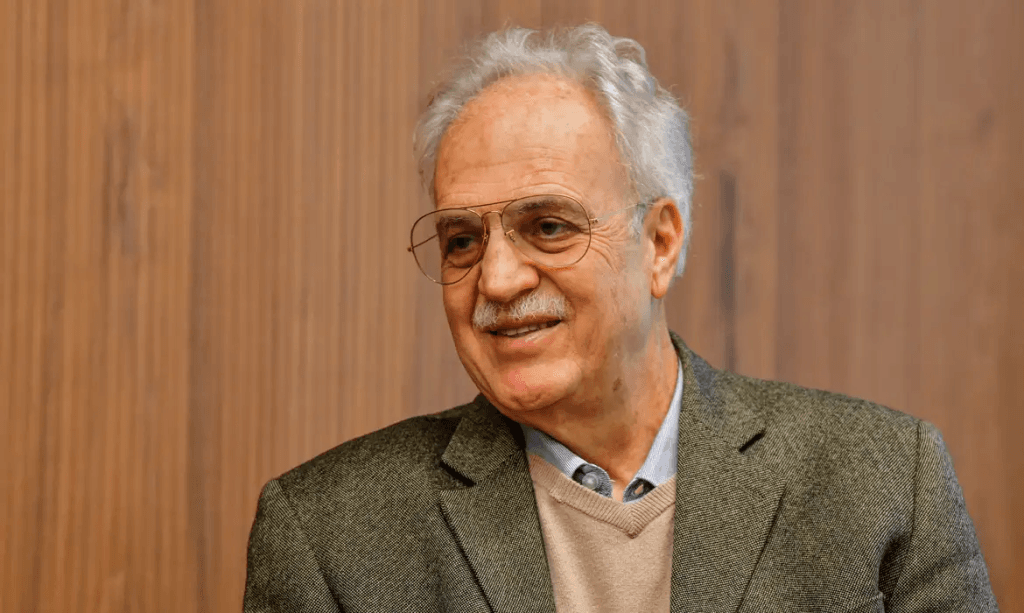
COP30 President André Corrêa do Lago acknowledged the gap between ambition and outcome: “We know some of you had greater ambitions for some of the issues at hand,” he said. “I know the youth civil society will demand us to do more to fight climate change. I want to reaffirm that I will try not to disappoint you during my presidency.”
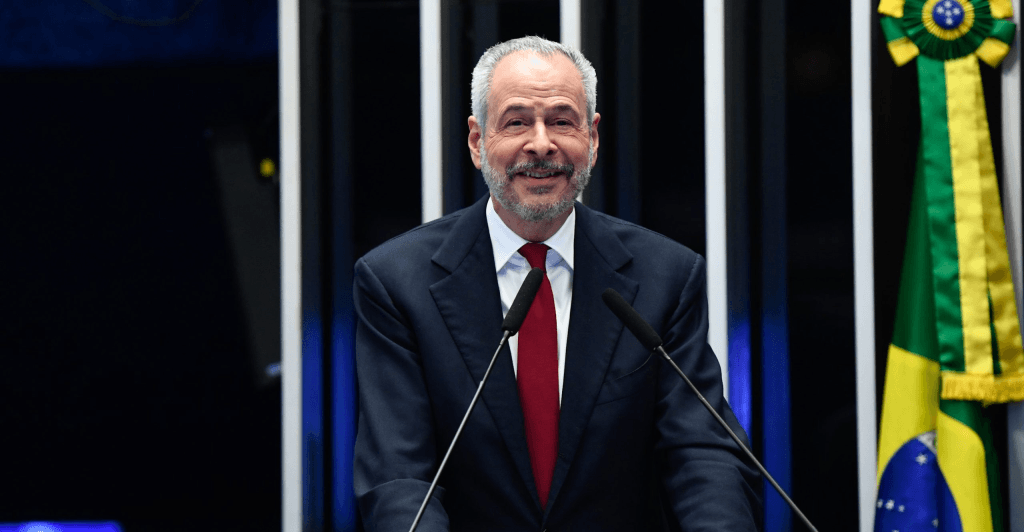
He committed to preparing two new roadmaps: one on halting and reversing deforestation, and another on transitioning away from fossil fuels “in a just, orderly and equitable manner,” with resources mobilised “in a just and planned manner.”
RELATED ARTICLE: COP30: Day 9 Recap
Fractures, setbacks and a late-night push for consensus
The talks unfolded against a difficult backdrop. Indigenous groups staged blockades demanding stronger protections for the Amazon. A fire at the venue on Thursday disrupted negotiations at a critical moment. Delegates worked through the night to bridge gaps on finance and ambition, with Brazil steering discussions toward outcomes built on past COP commitments rather than reopening core disputes.
UN Secretary-General António Guterres, speaking from the G20 Summit in Johannesburg, said the outcome showed that nations “can still unite to confront challenges no country can solve alone.” But he added: “I cannot pretend that COP30 has delivered everything that is needed. Overshoot of 1.5°C is a stark warning: deep, rapid emission cuts and massive climate finance are essential. COP30 is over, but the work is not.”
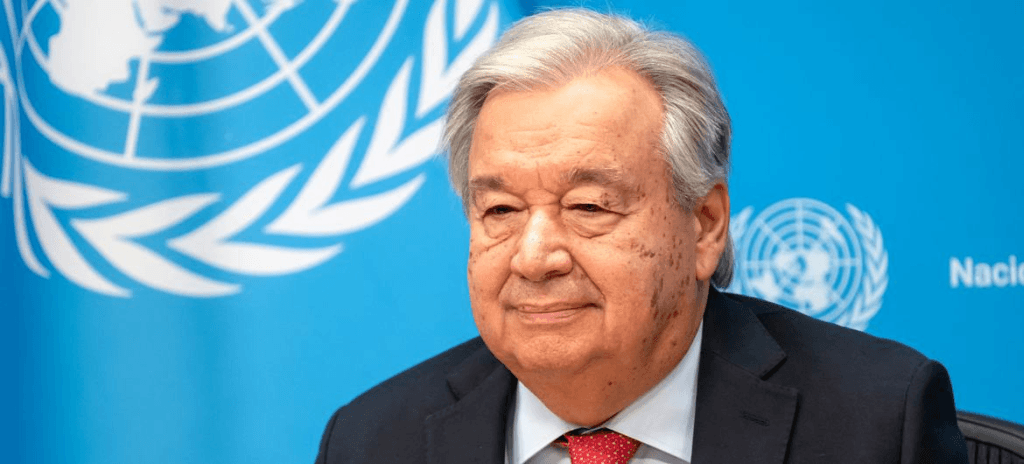
The Mutirão deal and the wider action agenda
The centrepiece of the conference is the Mutirão text, a consolidated package spanning mitigation, finance, trade barriers and implementation. Seventeen additional decisions were adopted alongside it. The document declares the global shift toward low-emission and climate-resilient development “irreversible,” reaffirming that the Paris Agreement “must go further and faster.”
Voluntary commitments under the Action Agenda added momentum. The Tropical Forests Forever Fund raised $5.5 billion across 53 countries, with at least 20 percent earmarked for Indigenous Peoples and local communities. The Belém Health Action Plan launched as the first global initiative targeting climate-related health threats, backed by $300 million from 35 philanthropic organisations. Public utilities under the UNEZA Alliance pledged $66 billion annually for renewables and $82 billion for transmission and storage.
A coalition of cities, regions and companies reported cutting over 850,000 tons of CO₂ in 2024 across 25,000 buildings, pointing to operational action beyond national pledges.
A global moment with longer-term consequences
For investors, policymakers and corporate leaders, the outcome clarifies the direction of travel: large-scale finance, accelerated implementation tools and expanding pressure for a just energy transition. The absence of explicit fossil-fuel phase-out language keeps the debate alive, but Brazil’s commitment to develop a roadmap ensures it will resurface ahead of COP31.
Renewable investments already outpace fossil fuels two to one. With geopolitical pressures rising, Belém’s outcome demonstrates that multilateral climate cooperation remains intact — though strained — as countries attempt to keep 1.5°C within reach.
Follow ESG News on LinkedIn






